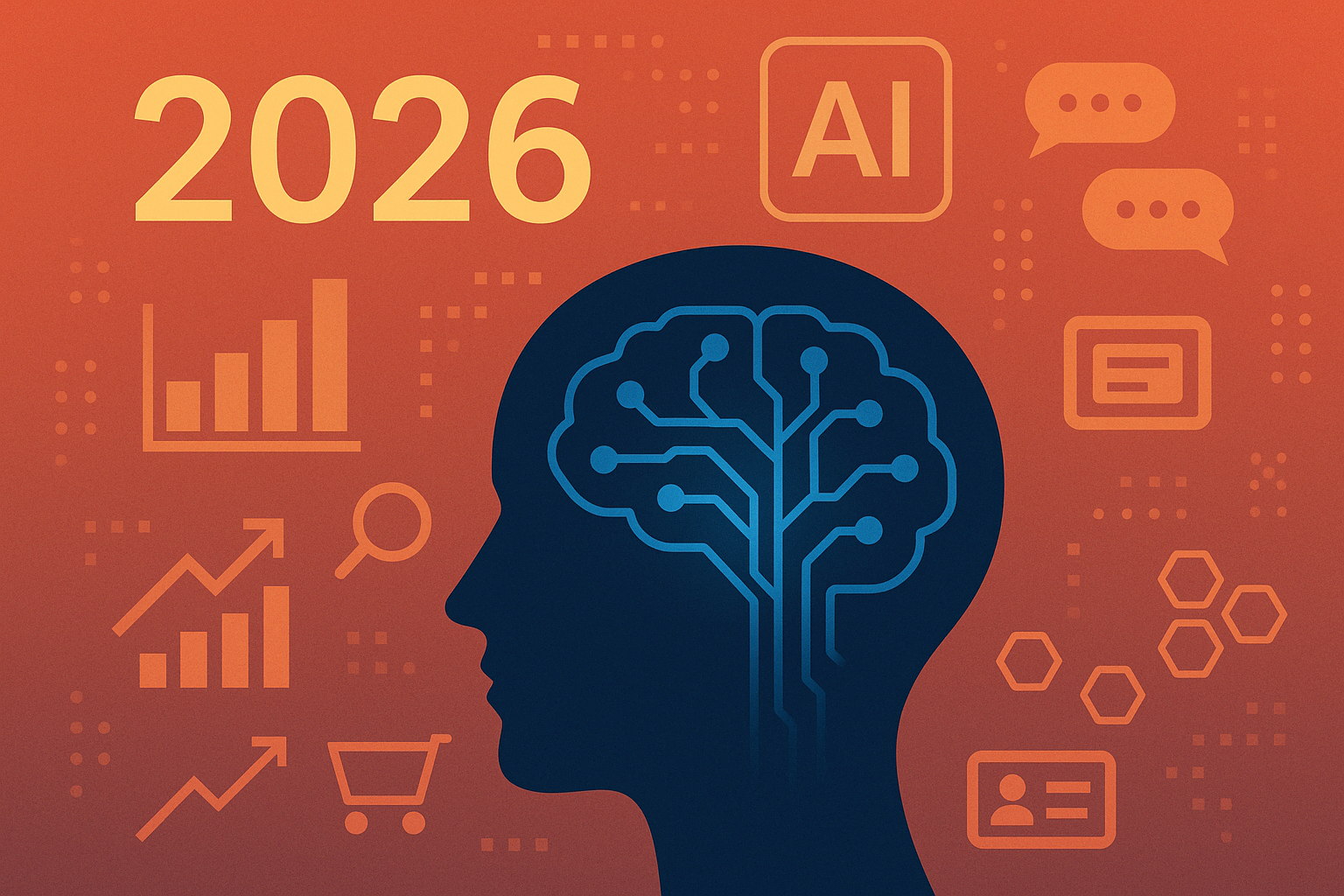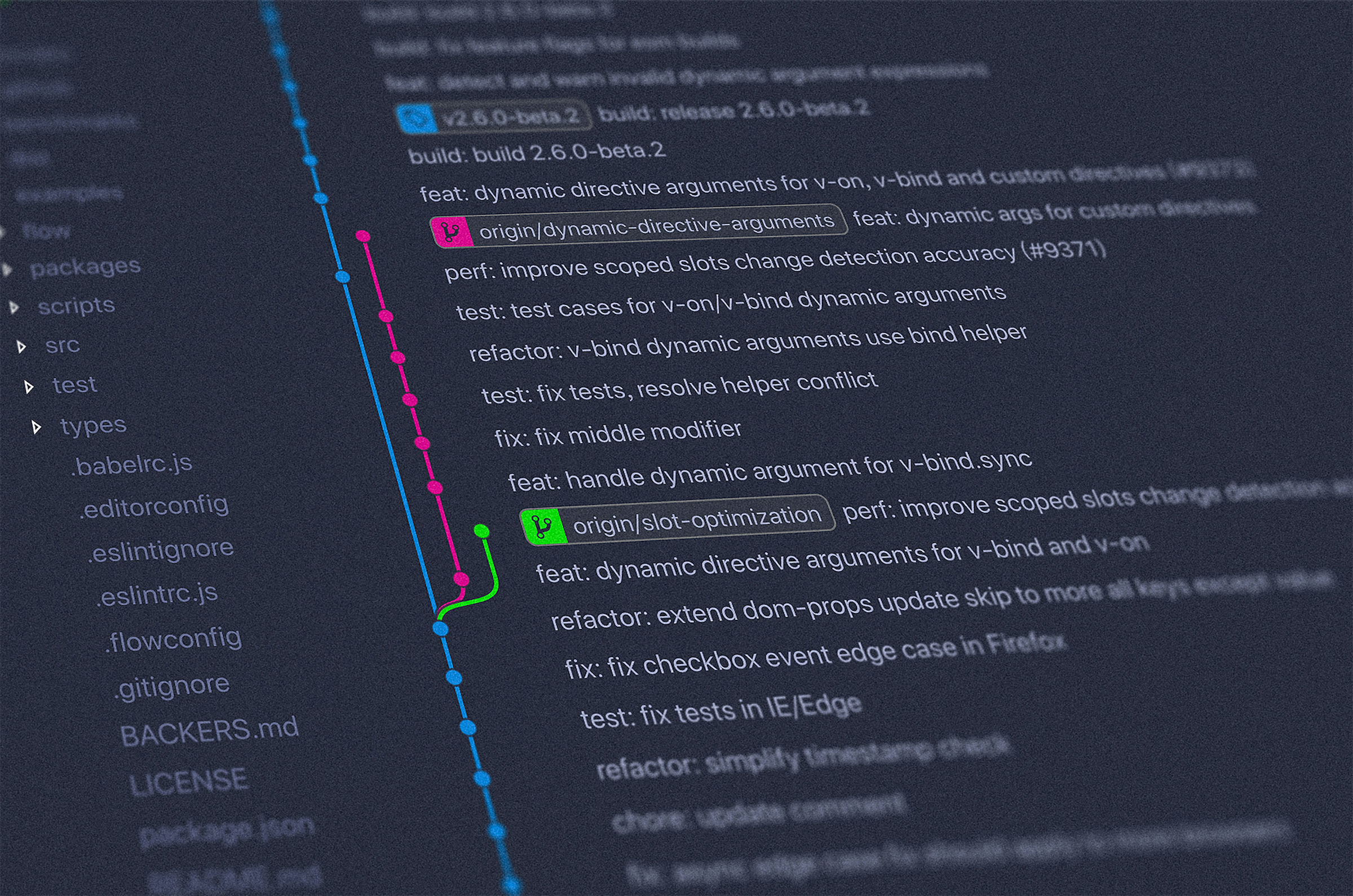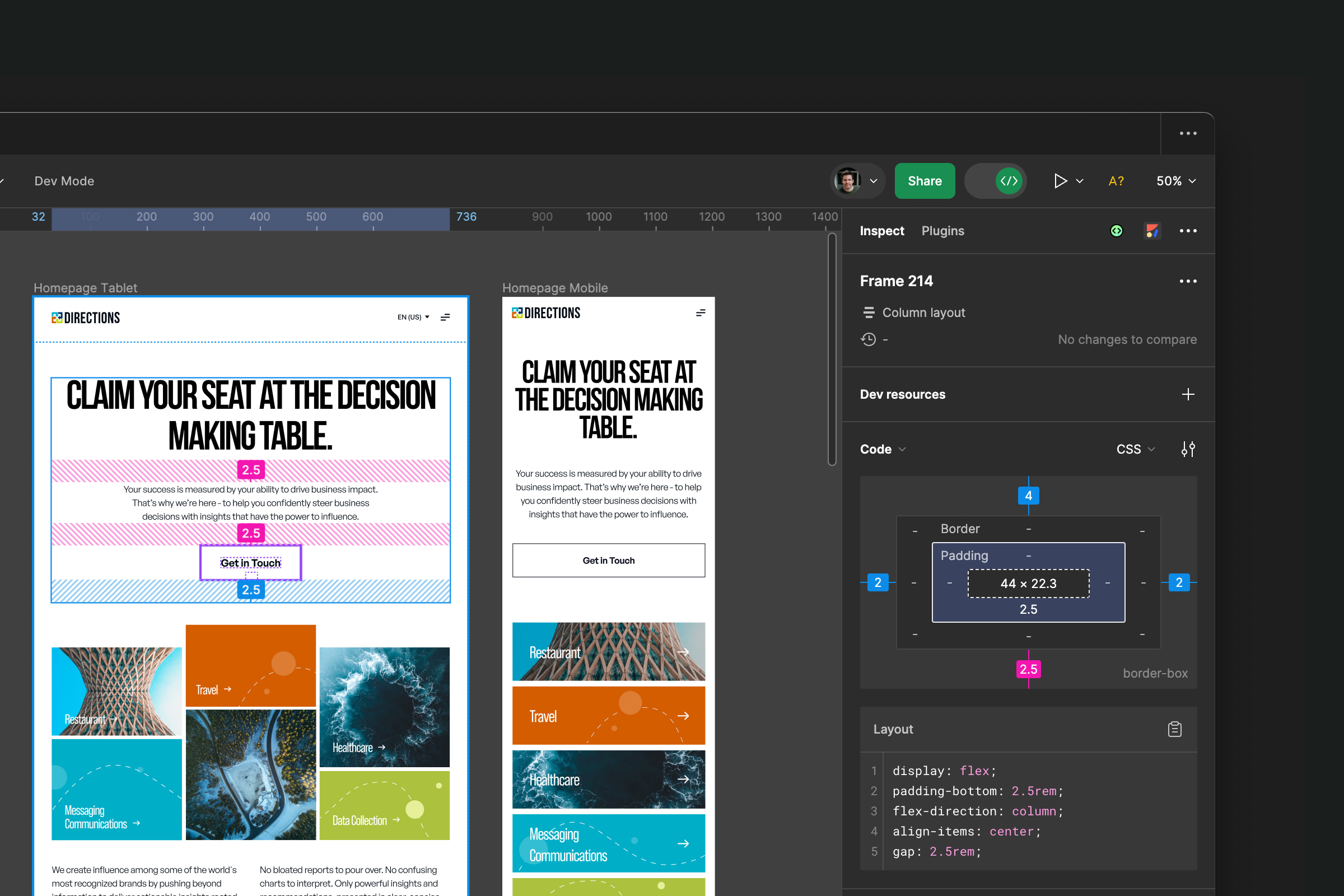Insights
Informational traffic is dead, is content still important?

In the digital wilderness, content isn't just king—it's the entire ecosystem. Without it, even the mightiest AI would starve.
The symbiotic relationship: How AI feeds on content
The relationship between artificial intelligence and content isn't just important—it's existential. AI systems, for all their computational power and sophisticated algorithms, are fundamentally dependent on the content they consume. They're like brilliant students who can only learn from the books they read.
I've spent the last 3 years watching this relationship evolve, and one thing has become crystal clear: without high-quality content to ingest, AI would be nothing more than empty processing power. These systems learn by consuming vast quantities of text, images, and data from across the internet. They analyze patterns, extract meaning, and build connections—but they can only work with what they're fed.
Google's own guidance on AI-generated content emphasizes this point. Their ranking systems aim to reward "original, high-quality content that demonstrates qualities of what we call E-E-A-T: expertise, experience, authoritativeness, and trustworthiness" (Google Search Central Blog, 2023). This standard applies regardless of whether humans or machines created the content.
The truth is simple but profound: AI has to "eat" content to survive and thrive. Without a continuous supply of fresh, high-quality content, AI systems would stagnate, and the internet as we know it would wither. This creates a fascinating paradox—the tools designed to help us navigate content are themselves utterly dependent on that content's existence.
Source attribution: The new currency of digital visibility
When AI whispers your name as its source, it may not drive traffic, but it plants your flag in the minds of searchers.
One of the most significant shifts in the AI search landscape is how visibility works. Traditional search was straightforward—rank high, get clicks. But generative AI has introduced a new paradigm: source attribution.
When ChatGPT, Google's SGE, or Perplexity AI generates a response, they often cite sources. This citation model creates an interesting dynamic—while direct informational traffic to websites may decrease (as users get answers directly in the AI interface), being mentioned as a source provides another important kind of visibility: brand awareness.
I recently tested this myself with a specialized article on content strategy. When asking various AI tools about the topic, my testing website wasn't just linked—it was quoted and referenced as an authority. No, I didn't get the click, but test website name reached the user nonetheless.
Research published on arXiv in 2024 found that brands using structured content formats saw improved performance in generative AI platforms. Content with clear headings and well-organized sections increased inclusion in AI-generated answers by up to 37% on platforms like Perplexity AI (Northwoods Digital, 2025).
This shift requires us to rethink how we measure success. Citation counts and brand mentions within AI responses are becoming valuable metrics alongside traditional traffic numbers. Being recognized as a source by AI systems positions your brand as an authority, building trust even without the immediate click.
The conversion advantage: Why AI traffic outperforms
The quality of traffic from AI search is proving to be remarkably different from traditional search. When visitors arrive at your site from an AI search experience, they're not just casually browsing—they're arriving with purpose and context.
Here's what makes AI traffic special: the sales cycle is dramatically compressed. In traditional search, users might visit multiple sites, compare information, and gradually move toward a decision. With AI search, much of that research happens within the AI interface itself. By the time a user clicks through to your site, they've already received comprehensive information and are typically ready to convert.
I've seen this firsthand with clients across various industries. One e-commerce client saw conversion rates from AI-referred traffic at 3.2 times higher than their traditional search traffic. The pattern was consistent—fewer overall visitors, but those who did arrive converted at significantly higher rates.
According to a study by Seer Interactive (2024), properly optimized content resulted in up to 40% increases in visibility with certain content optimizations. Another case study showed a 300% increase in conversions from AI channels during a two-month period (Northwoods Digital, 2025).
This shift means we need to adapt our content strategies. While volume of traffic remains important, understanding and optimizing for the high-intent nature of AI-referred visitors becomes equally crucial.
The personalization factor: How AI learns to love your content
AI doesn't just read your content—it develops preferences, and like any relationship, consistency builds trust.
SERP personalization has always been a factor in traditional search, but in the AI search world, it takes on new dimensions. When the same website is frequently used as a source in AI-generated responses, something interesting happens—the AI system begins to develop a preference for that source.
This creates a powerful feedback loop. The more often your content is cited as a reliable source, the more likely the AI is to reference it again in the future. This isn't just speculation—it's how these systems are designed to work. They learn from patterns and reinforce what works.
A recent analysis of Google's SGE responses showed that sources cited multiple times in a short period were 2.7 times more likely to be cited again for related queries (Seer Interactive, 2024). This suggests that early authority establishment in AI systems can create lasting advantages.
I've noticed this effect when working with specialized content. When a site becomes the go-to source for a specific topic in AI responses, that position tends to strengthen over time rather than diminish. The AI system essentially develops a "relationship" with trusted sources.
This personalization effect means that establishing your content as authoritative early in the AI search evolution could create compounding benefits as these systems mature and refine their source preferences.
Topical authority: The foundation of AI visibility
Building topical authority has always been important for SEO, but for AI search, it's absolutely fundamental. AI systems don't just look at individual pages in isolation—they assess the breadth and depth of your coverage across entire topics.
Comprehensive topical coverage signals expertise to both traditional and AI search engines. When your site thoroughly covers all aspects of a subject area, connecting concepts and building semantic relationships between content pieces, AI systems recognize this as authoritative.
This authority assessment directly translates to visibility. Content from sites with strong topical authority is more likely to be featured in AI-generated responses, creating a virtuous cycle of increased visibility and strengthened authority.
The 2025 Consumer Adoption of AI Report found that 27% of consumers now use generative AI for at least half of their internet searches (Northwoods Digital, 2025). Among these users, responses that cited comprehensive sources were rated as significantly more trustworthy than those drawing from scattered or limited sources.
To build this kind of authority, you need a content strategy that systematically covers your core topics from multiple angles, creating a web of interconnected content that demonstrates true expertise.
The power of internal links: Semantic equity in action
In the content ecosystem, internal links are the neural pathways that transform isolated pages into a living, breathing body of knowledge.
One of the most underappreciated aspects of content strategy in the AI age is the role of internal linking. Strong internal linking structures don't just help users navigate your site—they create semantic relationships that AI systems can understand and value.
When you build larger and stronger topical coverage with strategic internal linking, including with the usage of Schema, you create what I call "semantic equity"—value that passes between topically related content. This semantic equity helps transactional queries rank higher by associating them with your informational authority content.
I've seen this principle work repeatedly with clients who systematically build content clusters with strong internal linking. In one case, a financial services company saw their product pages climb in rankings after building out comprehensive educational content with strategic internal links pointing to those transactional pages.
This approach works because AI systems, like Google's BERT and MUM models, and OpenAI GPTs, are designed to understand context and relationships between concepts (Google Search Central Blog, 2023). When your content demonstrates these relationships through thoughtful internal linking, it signals coherence and expertise to AI systems.
The practical implication is clear: don't treat your content pieces as isolated islands. Build them as interconnected networks that collectively demonstrate expertise and guide both users and AI systems through your knowledge landscape.
The human element: Why AI can't create content alone
AI can mix the ingredients, but it takes human experience to add the secret sauce that makes content truly resonate.
Despite all the advances in AI content generation, there's a crucial truth that smart marketers understand: AI can't be solely responsible for creating content for brands. The missing elements—informational gain, in-depth research, and authentic human touch—simply can't be added by AI alone.
I've experimented extensively with AI-generated content, and while it's impressive in many ways, it consistently lacks the depth of insight that comes from lived experience. AI can summarize existing knowledge, but it can't contribute truly original perspectives or draw from personal expertise.
Google's guidance explicitly states that using automation—including AI—to generate content with the primary purpose of manipulating ranking is against their spam policies. However, they also acknowledge that AI can "power new levels of expression and creativity, and serve as a critical tool to help people create great content for the web" (Google Search Central Blog, 2023).
The key word here is "help." AI works best as a collaborative tool that amplifies human creativity rather than replaces it. The most effective content strategies I've seen use AI to handle routine aspects of content production while keeping humans in charge of strategy, expertise, and emotional resonance.
This balanced approach recognizes that while AI can process vast amounts of information, it can't replace the authenticity that comes from human experience and expertise. In the AI age, the human touch doesn't become less important—it becomes your most valuable differentiator.
Adapting your content strategy for the AI age
Given these realities, how should brands adapt their content strategies for the AI search world? Based on both research and practical experience, here are the key principles to guide your approach:
- Focus on comprehensive topical coverage. Build content clusters that thoroughly address all aspects of your core topics, demonstrating true expertise and authority.
- Optimize for source attribution. Structure your content with clear headings, concise answers to common questions, and authoritative information that AI systems will want to cite (Creaitor, 2025).
- Strengthen internal linking. Create semantic relationships between your content pieces through strategic internal linking that passes "semantic equity" to your transactional pages Don't forget to use basic Schema properties like sameAs, isPartOf, hasPartOf, and others.
- Emphasize E-E-A-T signals. Showcase experience, expertise, authoritativeness, and trustworthiness through detailed author information, expert quotes, and credible citations (Google Search Central Blog, 2023).
- Balance AI assistance with human expertise. Use AI tools to enhance efficiency, but ensure human experts guide strategy and contribute unique insights that AI cannot provide.
- Monitor AI-specific metrics. Track not just traffic but also how often your content is cited in AI responses, developing new KPIs for the AI search era (Seer Interactive, 2024).
- Optimize for conversion from AI traffic. Recognize that visitors from AI search arrive with different context and intent, and adapt your conversion paths accordingly.
The brands that thrive in the AI search world won't be those that abandon content creation or fully automate it—they'll be the ones that strategically adapt their content approaches to the new realities while maintaining the human expertise that AI systems ultimately depend on.
What's next? Content's evolving role
In the AI revolution, content isn't being dethroned—it's being elevated from mere information to the lifeblood of digital intelligence.
The rise of AI and generative search hasn't diminished the importance of content—it has transformed and in many ways magnified it. Content is no longer just what users read; it's what AI systems learn from, cite, and ultimately depend on for their very existence.
This evolution creates both challenges and opportunities for brands. Traffic patterns are changing, visibility takes new forms, and the metrics of success are being redefined. But the fundamental principle remains: creating valuable, authoritative content is more essential than ever.
The brands that understand this new landscape—recognizing the symbiotic relationship between content and AI, the importance of topical authority, and the irreplaceable value of human expertise—will be the ones that thrive as AI continues to reshape how we find and consume information.
In this new world, content isn't just king. It's the entire kingdom that AI both rules and serves.
References:
- Google Search Central Blog. (2023). "Google Search's guidance about AI-generated content." https://developers.google.com/search/blog/2023/02/google-search-and-ai-content
- Northwoods Digital. (2025). "Optimizing Content for Generative AI Search." https://www.nwsdigital.com/Blog/Optimizing-Content-for-Generative-AI-Search
- Seer Interactive. (2024). "Optimizing Content for Generative Search Resulted in +40% Visibility." https://www.seerinteractive.com/insights/optimizing-content-for-generative-search-engines
- Creaitor. (2025). "Generative Engine Optimization: Content for AI Search." https://www.creaitor.ai/blog/how-to-optimize-content-for-ai-search-engines




































.jpeg)




.jpg)

.jpg)



.jpg)
